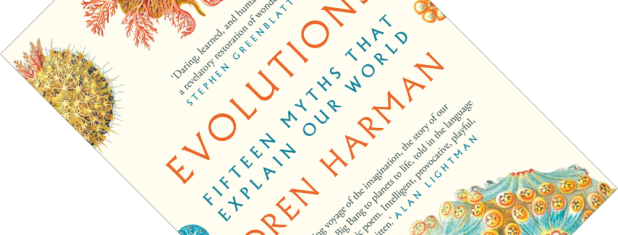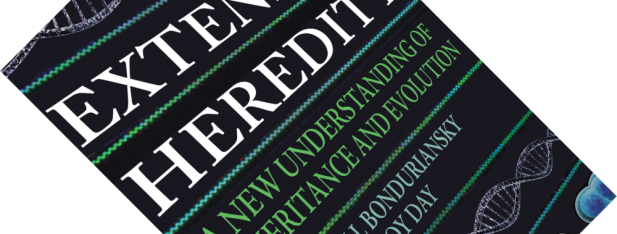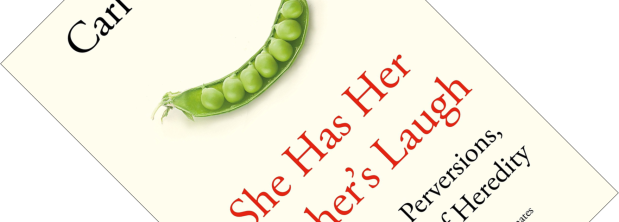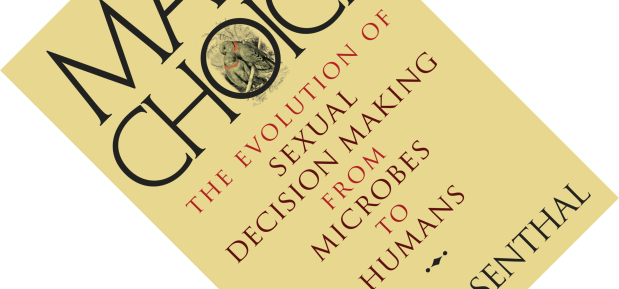Communicating the complexities and abstractions of scientific findings is not easy. Anyone who has ever slogged through yet another dense paper or muddled presentation will acknowledge this. Our universe, it seems, cares not for the human quest of understanding it. One of the things, then, that makes popular science books such a treat is that they infuse scientific findings and speculation with a certain lyricism and good storytelling. This is why we flock to authors such as Nick Lane, Richard Dawkins, Richard Fortey, and many others besides. This is why Richard Feynman and Carl Sagan remain household names decades after their death. The latter’s Pale Blue Dot segment still gives me goosebumps. With Evolutions: Fifteen Myths That Explain Our World, science historian Oren Harman boldly turns the concept on its head: rather than bringing poetic flair to a pop-science book, he brings scientific flair to an epic poem.
gametes
Book review – Extended Heredity: A New Understanding of Inheritance and Evolution
In my recent review of She Has Her Mother’s Laugh: The Powers, Perversions, and Potential of Heredity, I mentioned how the concept of heredity has become ever fuzzier the more we have learnt about how traits can be passed to the next generation. We have come from a very gene-centric period in biology, but biologists Russell Bonduriansky and Troy Day are ready to shake up the field. Neither a Lamarckian redux nor an attempt to downplay the importance of genes, this book successfully argues that the time has come to take into account non-genetic forms of heredity. Along the way, they provide a very interesting history lesson on how we got here in the first place.
Book review – She Has Her Mother’s Laugh: The Powers, Perversions, and Potential of Heredity
If Charles Darwin were to walk into my office today and ask me: “So, what did I miss?” I think I would sit the good man down with a copy of She Has Her Mother’s Laugh, telling him: “Here, this should get you up to speed”. Darwin struggled to explain how traits were being inherited from generation to generation. As New York Times columnist Carl Zimmer shows in this wide-ranging book, the story of heredity has turned out to be both diverse and wonderful, but has also been misappropriated to prop up some horrible ideologies.
Book review – Mate Choice: The Evolution of Sexual Decision Making from Microbes to Humans
I have to preface this review by pointing out that I did not read this book from a fully neutral position. Gil Rosenthal, a professor in biology, ecology and evolutionary biology at Texas A&M University, does mate choice research on fish. So did I. Though he works on live-bearing swordtails and I worked on threespine sticklebacks, some of the work he discusses has been written by people I knew personally as supervisor, co-workers or colleagues. Many more publications referenced are ones I also read during the course of my PhD research. You could say that mate choice research is a field I am, errr, intimately familiar with. At least where fish are concerned. At the same time, I left academia after graduating in 2010, so this book seemed like a good opportunity to get back in touch with this research field.
Anyway. Sex.




